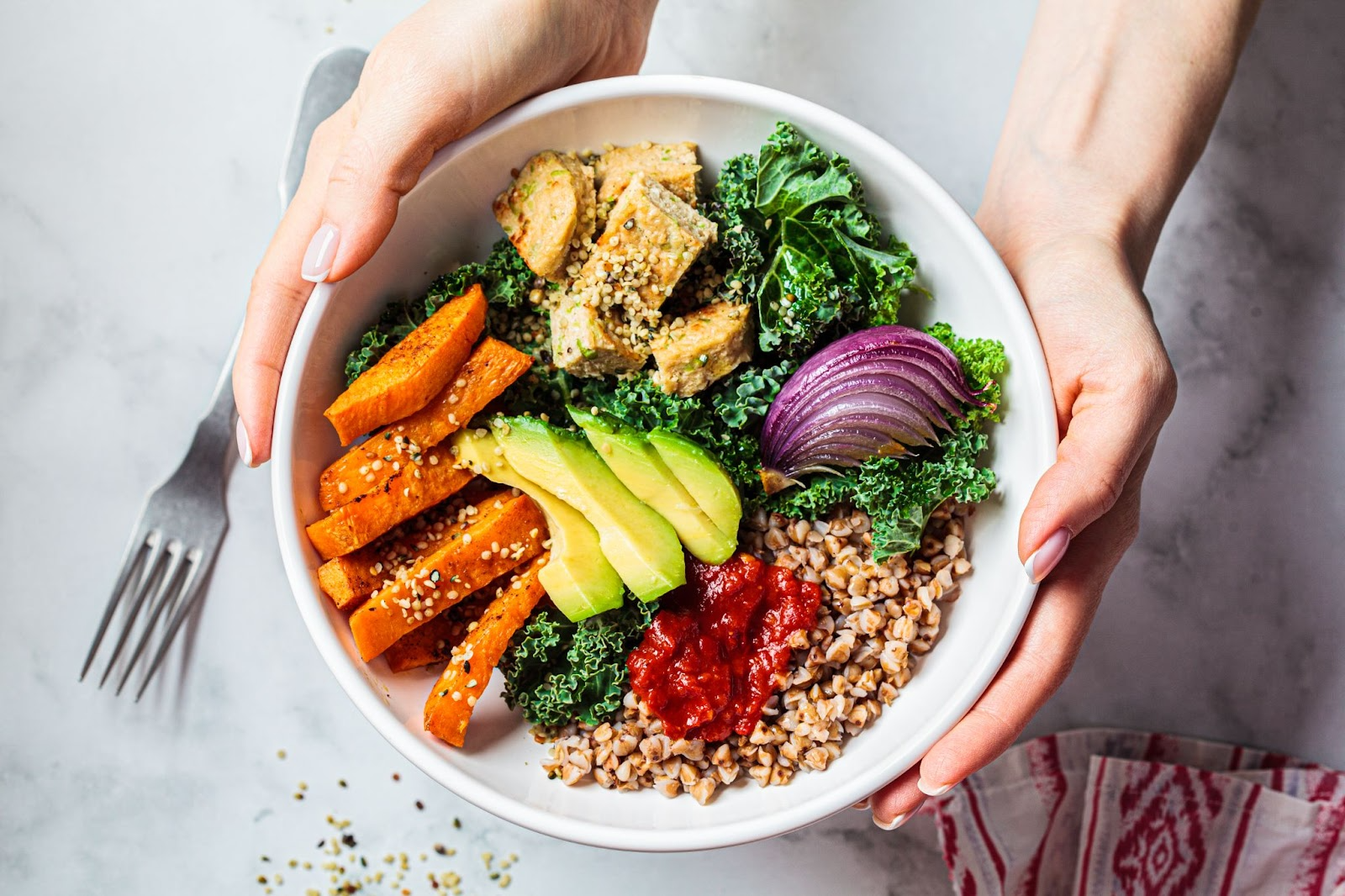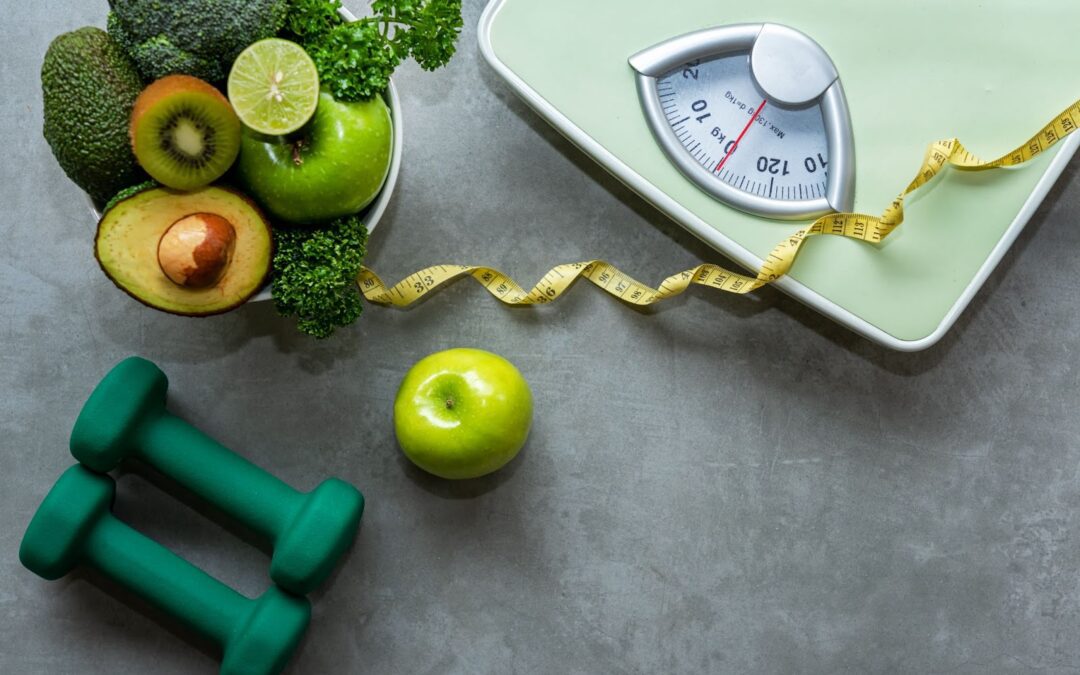Maintaining a vegan diet while trying to lose weight can be a rewarding journey that benefits your health and the planet. Vegan diets are rich in nutrients, fibre, and healthy fats, making them an excellent choice for weight loss. However, like any diet, it’s essential to approach it with the right strategies. Here’s how you can successfully manage a vegan diet while aiming to shed some pounds.
Table of Contents
Understand Your Caloric Needs
The first step in any weight loss journey is understanding your caloric needs. Everyone’s body is different, and the amount of calories you need depends on factors such as age, gender, weight, height, and activity level. Using a calorie tracker app can help you determine your daily caloric requirements and ensure you’re not overeating or undereating.
Choose Nutrient-Dense Foods
A vegan diet can sometimes lack certain nutrients if not planned properly. Focus on incorporating a variety of nutrient-dense foods such as:
- Leafy greens: Spinach, kale, and pak choy
- Fruits: Berries, apples, and oranges
- Whole grains: Quinoa, brown rice, and oats
- Legumes: Lentils, chickpeas, and black beans
- Nuts and seeds: Almonds, chia seeds, and flaxseeds
These foods are rich in vitamins, minerals, and fibre, keeping you full longer and helping you maintain a healthy weight.
Keep Track of Your Nutrient Intake
Using a nutrition tracker can be invaluable in ensuring you’re getting all the necessary nutrients. This is especially important for vegans, as certain nutrients like vitamin B12, iron, and omega-3 fatty acids can be challenging to obtain from plant-based foods alone. A reliable food tracker app can help you monitor your intake of macronutrients and make adjustments as needed.
With your micronutrient intake, it’s important to include a diverse range of plant-based foods in your diet, as mentioned above. Consider supplementation of a few key micronutrients to ensure you are maintaining a balanced intake and reducing the chance of deficiencies.
Balance Your Macronutrients
While focusing on calorie intake is essential, it’s also crucial to balance your macronutrients – carbohydrates, proteins, and fats.
- Proteins: Include plant-based proteins like tofu, tempeh, edamame, legumes, and occasionally, alternative meat products.
- Carbohydrates: Opt for complex carbs found in vegetables, fruits, and whole grains.
- Fats: Choose healthy fats from avocados, nuts, seeds, and olive oil.
Balancing these macronutrients will help you stay satisfied, prevent overeating and support your fat loss goals.
Plant-based foods tend to lean towards being more carbohydrate and fat-dense. This is where portion control and balance play an important role, with the aid of a nutrition tracker. Consider balancing more calorie-dense plant-based proteins with lighter carbohydrate sources to create a calorie-controlled meal, and support your fat loss goals. Examples include tofu with a vermicelli noodle salad, butter bean and vegetable stew with a side of toast, black beans and plant-based mince with baked potatoes.

Stay Hydrated
In addition to maintaining good nutrition, water plays a crucial role in fat loss. It helps boost metabolism, suppresses appetite, and aids in digestion. Aim to drink at least 8 cups of water a day. Herbal teas and infused waters are also great options to keep you hydrated.
Incorporate Regular Exercise
Exercise is a vital component of any fat loss plan. Combine cardio exercises like running, cycling, or swimming with strength training to build muscle and boost your metabolism. Even activities like yoga and pilates can be highly effective. Remember, consistency is key.
Plan Your Meals
Planning your meals ahead of time can prevent impulsive eating and ensure you have healthy options readily available. Consider preparing your meals in batches and storing them for the week. This not only saves time but also keeps you on track with your nutrition goals.
For more recipe inspiration and meal prep-friendly recipes, click here.
Seek Professional Guidance
If you’re unsure where to start or need personalised advice, consider seeking professional guidance. At equ, we offer personalised meal plans and nutrition advice tailored to your specific needs and goals.
Maintaining a vegan diet while losing weight is entirely achievable with the right approach. By understanding your caloric needs, choosing nutrient-dense foods, tracking your intake, and balancing your macronutrients, you can enjoy a healthy, fulfilling vegan diet that supports your weight loss goals.
By integrating these tips into your lifestyle, you can achieve your weight loss goals while enjoying the numerous benefits of a vegan diet. Happy and healthy eating!
Want more recipes just like this? Why not try one of our programs packed with delicious healthy recipes from over 8,000 different recipes we’ve created.

